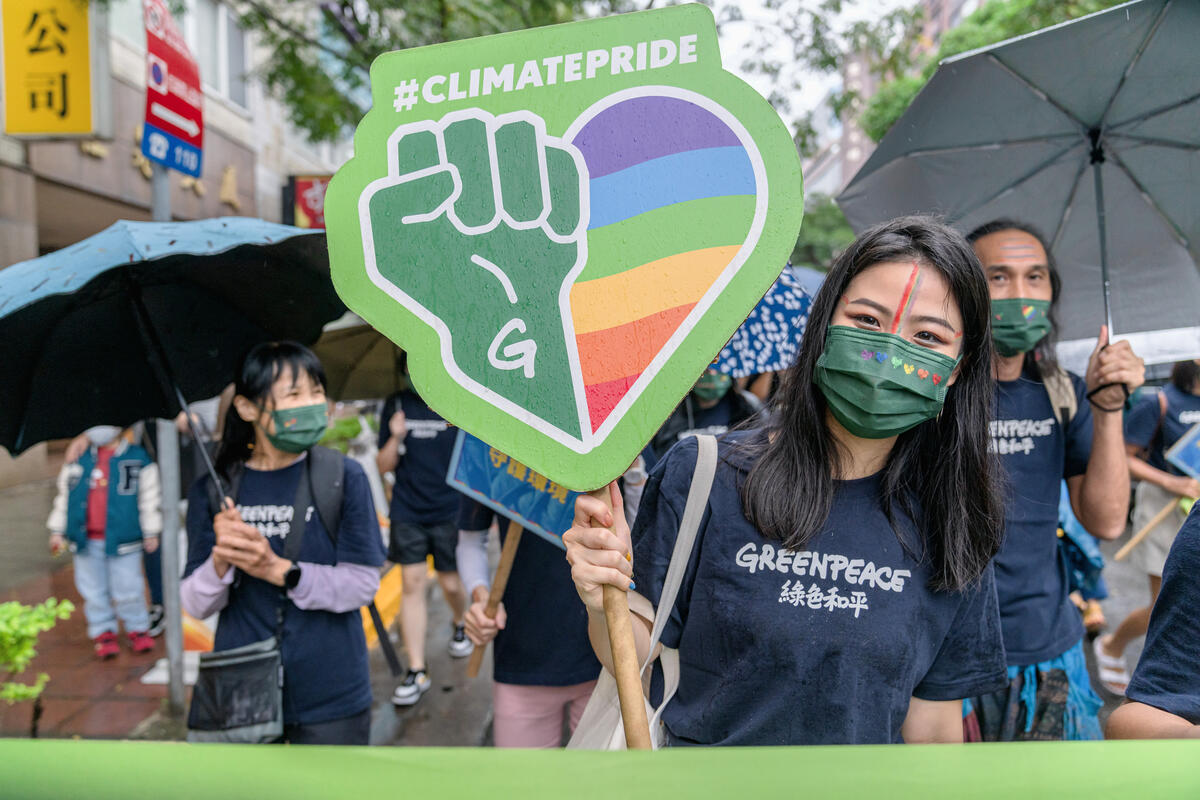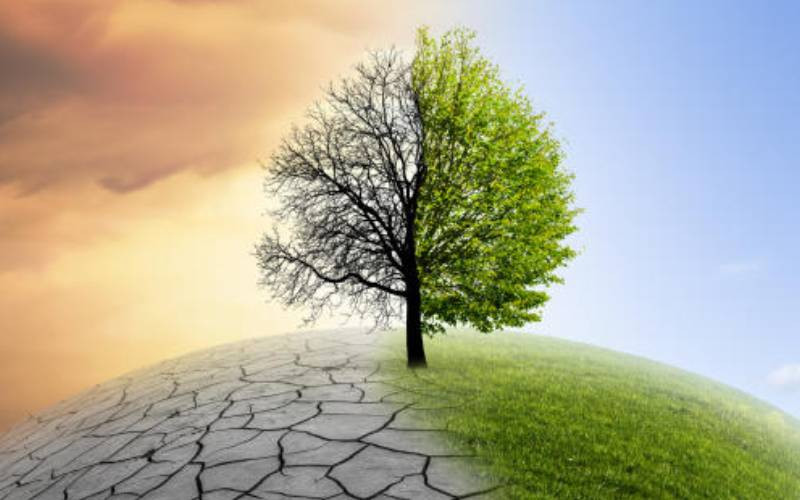


The concept of climate justice recognizes the unfairness associated with the causes and responses to climate change, highlighting the structural power imbalances caused by colonialism and capitalism. However, the intersectionality of climate justice and queer groups is often overlooked. The International Institute for Environment and Development (IIED) is examining why gender and sexual diversity are frequently ignored in climate and development agendas and exploring how climate action can learn from queer thinking and practice [287b6fb0].
Queering challenges societal norms around gender, identity, and sexuality, and explores how different social groups, including LGBTQI+ communities, are disproportionately vulnerable to the impacts of climate change. These communities often face exclusion from government support due to a gender binary system. By incorporating queer thinking into climate action, it becomes possible to address vulnerability more effectively and design a climate response that is inclusive and intersectional [287b6fb0].
Furthermore, queering brings valuable perspectives to the discourse on how climate injustice has been shaped by colonialism. It sheds light on the coloniality and oppression embedded in climate issues, enabling a decolonization of knowledge and the celebration of diverse ways of being. The Gender Equality Champions Network, established by IIED, is actively exploring ways to fund organizations working at the intersection of gender justice, climate, and nature [287b6fb0].
The exploration of the intersection between climate justice and queer groups highlights the need for a more inclusive and intersectional approach to climate action. By recognizing and addressing the unique vulnerabilities faced by LGBTQI+ communities and incorporating queer thinking into climate responses, we can work towards a more just and equitable future [287b6fb0].
Climate justice and biodiversity conservation are intertwined issues that demand urgent attention and concerted action. Climate justice emphasizes the disproportionate impacts of global warming on vulnerable communities, including indigenous peoples, marginalized groups, and developing nations [3c6cf90f]. Biodiversity conservation is fundamental to the health and resilience of our planet's ecosystems. Conservation efforts must prioritize protecting and restoring biodiversity, safeguarding critical habitats, and promoting sustainable land-use practices [3c6cf90f].
The interconnection between climate justice, conservation, and queer groups is undeniable and requires a holistic approach integrating social justice, environmental stewardship, and sustainable development. Governments, businesses, civil society, and individuals all have a role to play in advancing climate justice, biodiversity conservation, and inclusivity [287b6fb0] [3c6cf90f].
JEDIS stands for Justice, Equity, Diversity, Inclusion, and Safety. These values are at the heart of all Greenpeace campaign work. Climate/environmental justice is about protecting human rights in the face of the climate crisis. JEDIS principles aim to ensure that marginalized communities have their voices heard and their needs addressed. The climate crisis affects people differently depending on their identities. Environmental movements should support marginalized communities to address inequalities and work towards climate justice. By prioritizing JEDIS within the environmental movement, we can address these inequalities and work towards climate justice for all [d9bf8278].